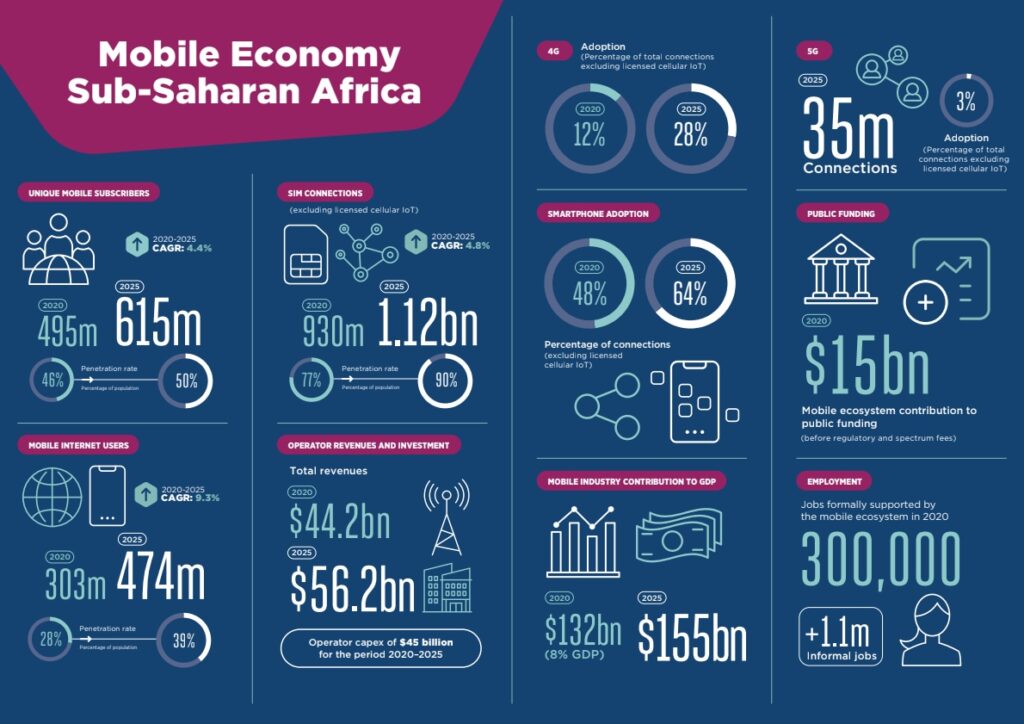High technology costs in Africa hinder digital economy growth as businesses across the continent pay up to 35 percent more for essential digital tools and services than global peers. This pricing gap limits adoption, constrains innovation, and prevents enterprises from scaling effectively.
A Heavy Burden on Businesses
For Africa’s 600,000 formal enterprises and roughly 40 million micro and small businesses, technology is essential for productivity. Yet high prices for software, cloud services, e-commerce platforms, and digital payments often make access unaffordable, particularly for micro-enterprises operating on thin margins.
Why the Price Gap Exists
Several factors drive the high cost of technology. Limited infrastructure such as broadband and reliable electricity raises overhead costs. Import duties, taxes, and currency volatility further inflate prices for hardware and software. Additionally, the lack of localized digital tools means businesses often pay for services not fully tailored to their needs.
The Productivity Potential
Despite these challenges, affordable technology can dramatically boost productivity and revenue. Digitization of SMEs through online marketplaces, cloud-based tools, and digital payments has been shown to improve efficiency across agriculture, retail, healthcare, and manufacturing. Lower costs could also encourage informal businesses to formalize, strengthening economies.
Toward a Solution
Efforts to address the affordability gap include local startups offering cost-effective alternatives to imported software and regional cloud providers offering pay-as-you-go models. Partnerships among governments, development institutions, and private firms aim to expand broadband access and reduce costs, while local data centers and telecom competition could decrease reliance on expensive international infrastructure.
Looking Ahead
High technology costs in Africa hinder digital economy growth, but addressing affordability could unlock opportunities for millions of businesses. Reducing costs can boost productivity, create jobs, and empower enterprises to compete globally, driving the next wave of Africa’s economic growth.
For more information on digital transformation initiatives in Africa, visit International Telecommunication Union.

